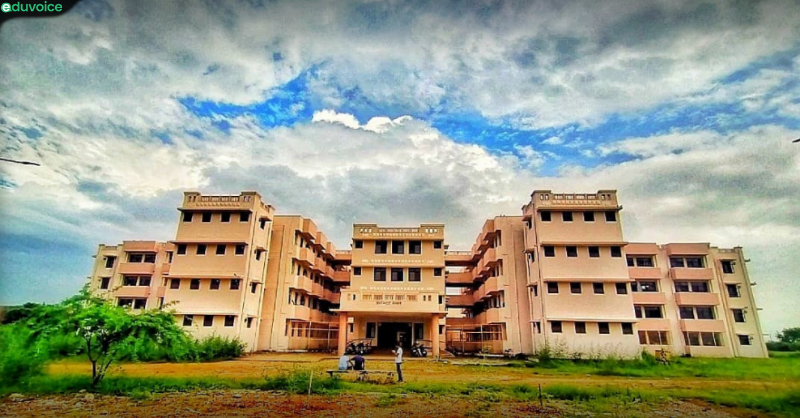The New Education Policy which was officially introduced on 29th July 2020, strongly emphasized the multi-disciplinary learning, teaching, and research. The policy was officially introduced in the country last month but many institutions in Rajasthan are already following a multi-disciplinary way of learning.
The New Education Policy which was officially introduced on 29th July 2020, strongly emphasized multi-disciplinary learning, teaching, and research. The policy intends to create a broad-based multidisciplinary and holistic Under Graduation system of education.
In the New Education Policy, there are many reforms in the undergraduate system of education. The four-year multidisciplinary under-graduation program has been reintroduced with multiple entries and exit options. While the traditional 3 year BA, BSc, and BVoc degree will continue.
RTU’s In The Direction Of Multi-Disciplinary Learning
The policy was officially introduced in the country last month but many institutions in Rajasthan are already following a multi-disciplinary way of learning. One such institution is the Rajasthan Technical University (RTU) Kota that introduced a course called ‘Aanandam’ a year ago. Under the course, students are given options to select one subject apart from their regular syllabus.
RA Gupta, the Vice-chancellor of Rajasthan Technical University (RTU) conferred they had designed the courses in such a way that the students of their university get exposure in other fields as well.
RA Gupta further explained, “We have five subjects in one semester. We keep the regular four subjects and a student has the option of choosing the fifth subject. A civil engineer student can study basic mechanical engineering or a computer engineer students can study about economics. (Overall development of students is our focus as the world is moving forward”.
The New Education Policy (NEP) 2020 has also suggested the removal of separation of streams as humanities, science, and commerce. The aim is to avoid harmful hierarchies. Also to ensure unity and righteousness of knowledge abolition of separate streams is necessary.
KR Naizi, Dean Academics at MNIT said “Gone are the days when only science students were a symbol of intelligence. We have introduced humanities as a subject in our institution a long time ago. Our students are studying sociology and economics”.
For More Such Articles, News Update, Events, and Many More Click Here

